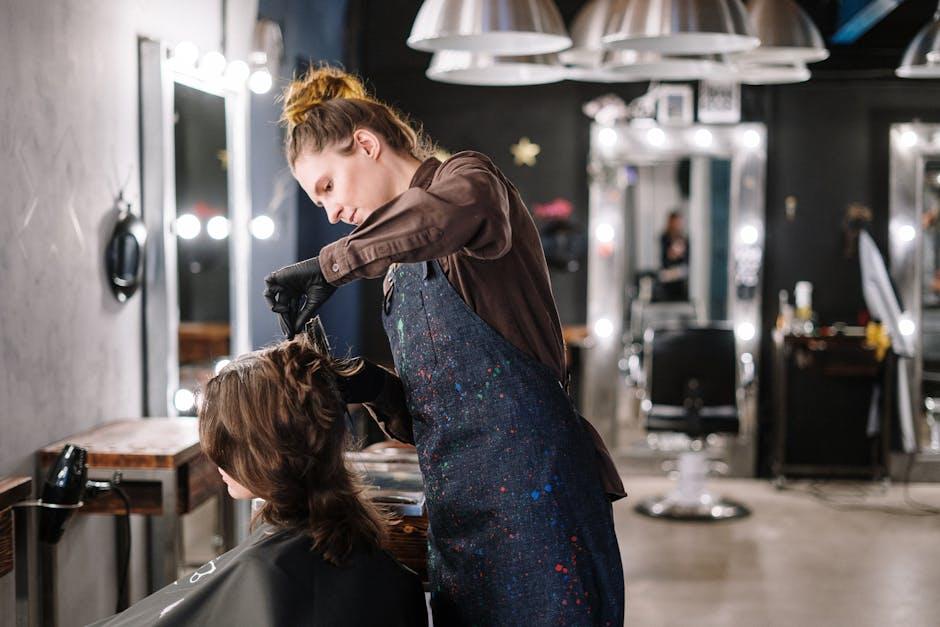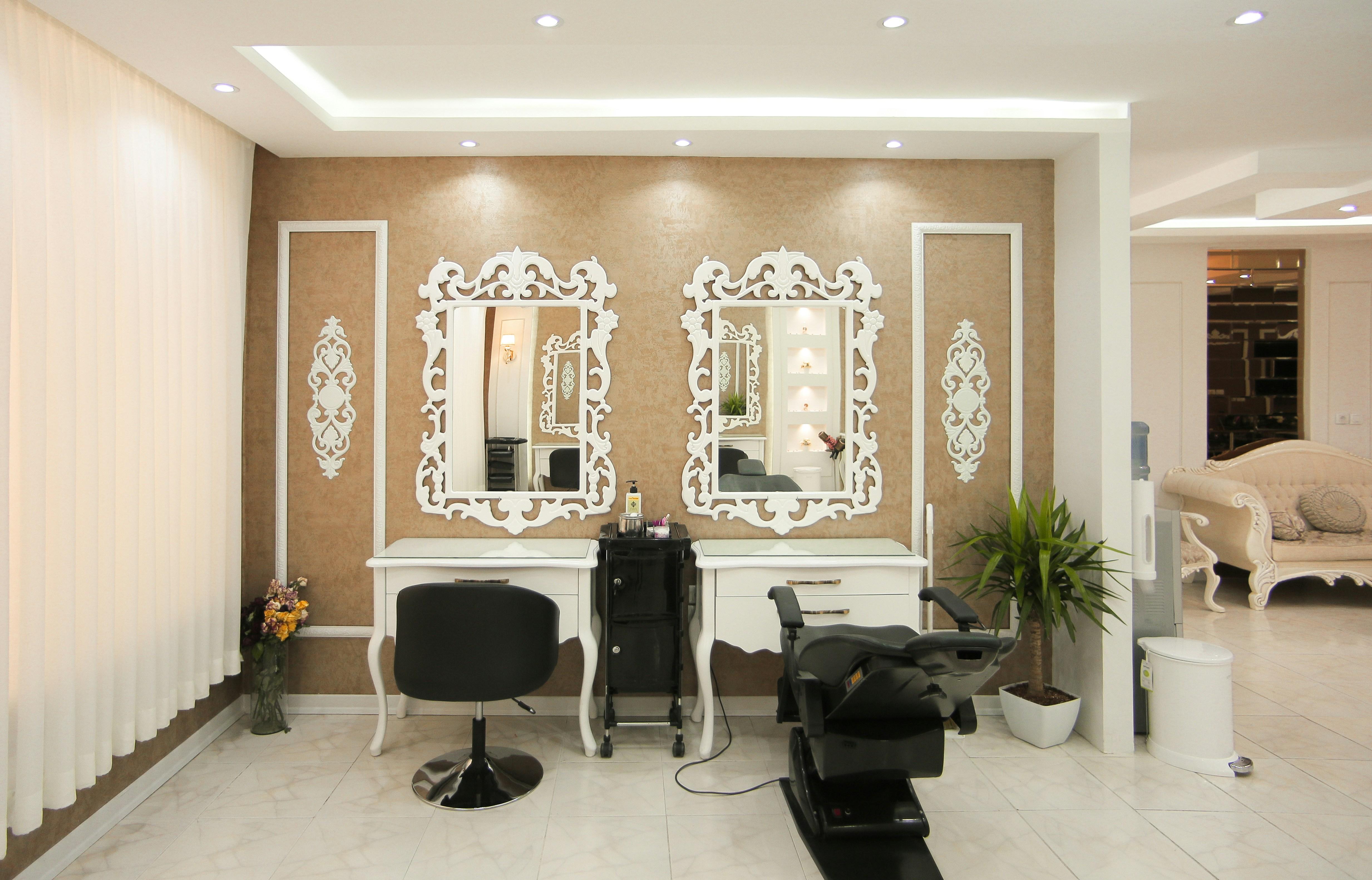Should Hair Salons Be Held Accountable for Misleading Claims
In the vibrant world of beauty and self-expression, hair salons stand as sanctuaries of transformation, promising to unlock the potential of one’s crowning glory. However, beneath the glossy allure of sleek advertising and the reassuring words of stylists lies a contentious debate: should hair salons be held accountable for misleading claims? As consumers increasingly seek transparency and authenticity in their pursuit of beauty, the line between marketing and misinformation becomes ever more blurred. This article delves into the complexities surrounding this issue, exploring the balance between creative expression and ethical responsibility, and questioning where accountability should truly lie in the kaleidoscope of the beauty industry.
Accountability in the Beauty Industry Analyzing Misleading Claims
In the dynamic realm of beauty services, hair salons often find themselves at the center of scrutiny when it comes to the authenticity of their promotional claims. Transparency and integrity are crucial in fostering trust between salons and their clients. However, the allure of marketing can sometimes lead salons to make exaggerated promises about treatments and products. Clients may encounter claims like:
- “This treatment will make your hair grow faster than ever!”
- “Our products are 100% organic and chemical-free.”
- “Experience instant damage repair with just one session.”
These assertions, if unsubstantiated, can undermine consumer trust and raise questions about accountability. Salons must ensure that their marketing strategies are backed by evidence-based information and that any potential benefits are clearly communicated to avoid misleading customers. Upholding these standards not only enhances customer satisfaction but also strengthens the salon’s reputation in a competitive industry.
The Impact of False Promises on Consumer Trust
In the beauty industry, trust is an essential currency that hair salons must maintain to foster long-term relationships with their clientele. When salons make exaggerated claims about the efficacy of certain treatments or products, it can lead to a significant erosion of this trust. Consumers often invest in expensive hair treatments based on promises of transformative results, only to find themselves disappointed when those results fall short. This experience can create a ripple effect, leading to skepticism not just towards a particular salon but the industry as a whole.
- Eroded Credibility: When expectations are not met, the credibility of the salon is questioned, and customers are likely to seek alternatives.
- Word-of-Mouth Impact: Negative experiences often lead to unfavorable reviews and word-of-mouth recommendations, affecting potential customer decisions.
- Customer Retention Challenges: Disillusioned clients may choose to discontinue their patronage, impacting the salon’s bottom line.
To maintain consumer trust, it’s crucial for hair salons to provide transparent and honest communication regarding what clients can realistically expect. This not only strengthens their reputation but also fosters a loyal customer base that values authenticity over hyperbole.

Regulatory Frameworks and Salon Transparency
In today’s ever-evolving beauty industry, the establishment of a robust regulatory framework is crucial for ensuring salon transparency. Such frameworks are designed to protect consumers by holding salons accountable for the claims they make. This involves a set of guidelines and standards that businesses must adhere to, ensuring that they provide accurate information regarding their services and products. Transparency not only builds trust with clients but also enhances the overall reputation of the salon industry.
To achieve this level of transparency, salons could benefit from implementing several key practices:
- Clear Service Descriptions: Detailed explanations of services offered, including expected results and potential side effects.
- Ingredient Disclosure: Full disclosure of all ingredients used in products to prevent allergic reactions and inform clients.
- Staff Qualifications: Displaying the credentials and training of stylists to ensure customer confidence in their expertise.
- Feedback Mechanisms: Establishing channels for client feedback to continually improve services and address concerns promptly.
By adhering to these practices, salons can foster a culture of honesty and reliability, ultimately benefiting both the consumer and the industry as a whole.

Empowering Consumers Through Informed Choices
In the dynamic world of beauty and personal care, transparency is crucial. Hair salons often promise miraculous transformations, from guaranteed frizz-free hair to color treatments that claim to be damage-free. However, when these promises fall short, it raises an important question: are these claims simply marketing strategies, or should salons be held accountable for misleading their customers? By empowering consumers with the right information, we can foster an environment where transparency and accountability become the norm.
- Clear Communication: Salons should ensure that their promotional materials accurately reflect the results that can be achieved.
- Educated Staff: Stylists must be trained to understand and communicate the limitations and potential risks of various treatments.
- Customer Feedback: Encouraging honest reviews can help hold salons accountable and guide potential clients in making informed decisions.
By implementing these practices, salons not only build trust with their clientele but also contribute to a more informed consumer base. This proactive approach not only enhances customer satisfaction but also sets a new standard for ethical business practices in the beauty industry.
To Conclude
In the intricate dance of beauty and business, the question of accountability for misleading claims in hair salons remains a swirling topic, much like the curls of a fresh perm. As we conclude our exploration, it is clear that this issue is not just about a bad haircut or an unexpected color; it’s about trust, transparency, and the ethics of an industry that shapes our identities in more ways than one.
Ultimately, the path forward lies in striking a balance—a harmony between creative expression and consumer protection. Whether through stricter regulations, enhanced education, or a collective commitment to honesty, the solution will require effort from all parties involved. As we step away from the salon chair and into the wider world, let us carry with us the understanding that beauty, in its truest form, thrives on authenticity and integrity. The mirror, after all, reflects not just our hair, but our values.


